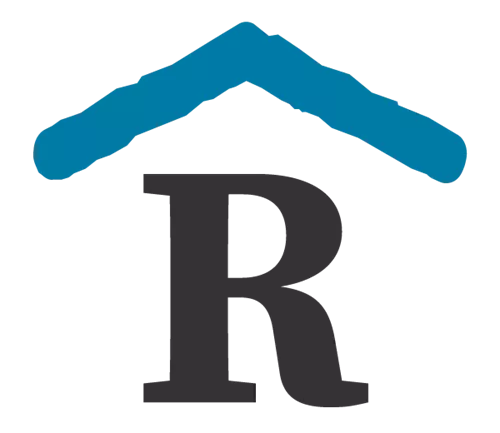I was visiting Cox’s Bazar to join the capacity building initiative organized for Government officials. The agenda was big: ‘Monitoring, Supervision, Transparency, Governance and Management Practices.’ This was one of four similar initiatives we put forward throughout 2018 – the first year of the three-year Accelerator project funded by USDA/WFP. Room to Read Bangladesh works with the Government Primary Schools and Madrasas in Ukhiya and Kutubdia sub-districts of Cox’s Bazar – 146 education institutions. Beside classroom instruction and material development work that are at the heart of Room to Read’s literacy-focused intervention, we put emphasis on strengthening local government’s capacity in managing the schools better. I appreciate how, with so much energy and enthusiasm, the education sector officials shared about their day-to-day engagement at the field and contributed to building a consolidated understanding of the best practices for takeaway. When the group-work and debates settled for the day, I went out with my colleagues to breathe in the fresh sea breeze. The afternoon was a comfortable 20ºC and the sea magnificent. But evening crept in fast. On the way back to our lodging, we stopped at a roadside tea-stall. Hungry, we improvised with whatever was available: the crunchy medley of a snack with raw chili and onion. While the food was delicious, the chance meeting with Kulsuma, a 11 year-old, Grade 3 student was even better. It so happened that Kulsuma reads in one of the 146 schools we are supporting. So, she knows about Room to Read! In fact, she is the book-captain of her class. This was amazing! Not only does Kulsuma help her classmates checkout books from the library we have established in her classroom, come evening she also supports her father in managing his tea-stall we were at. We took permission from the father Habibullah and recorded a brief chat with Kulsuma.

Blog from Cox's Bazar
Here in Cox’s Bazar, families like Kulsuma’s are doing their best to make a living and ensure education for their children. Room to Read is working with 45,012 children and 841 teachers in two sub-districts. One can get an idea of the average class-size and teacher-student ratio from these numbers. Rural schools in a low-income country such as Bangladesh can only do so much. Development efforts additional to what Government is doing is imperative. I believe it is time we saw children from the poor communities in Cox’s Bazar are educated and aspiring for a life of their choosing. Look at Kulsuma’s big, bright eyes. Doesn’t she deserve the world? Every child does! With Muslim Aid and YPSA as partners in Ukhiya and Kutubdia district respectively, we will continue to build capacity of teachers and teacher trainers. Our work to establish an enabling, vibrant reading environment and to promote a reading habit among children will pace up as we graduate from the first year of the project. We are banking on the learnings from year one and looking forward to 2019 with renewed energy and firm commitment toward equitable and quality education for all.
